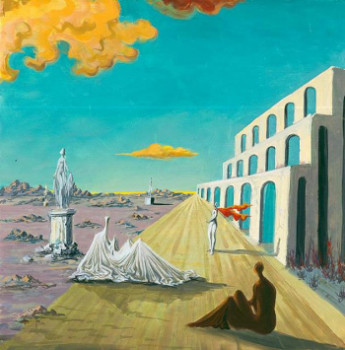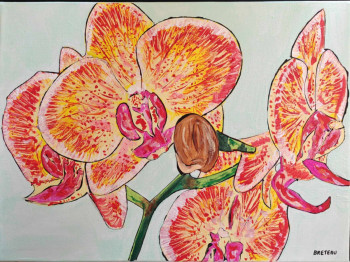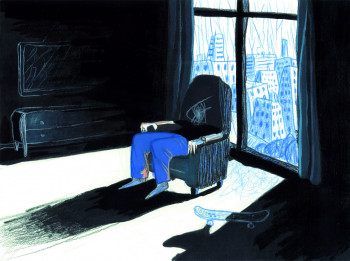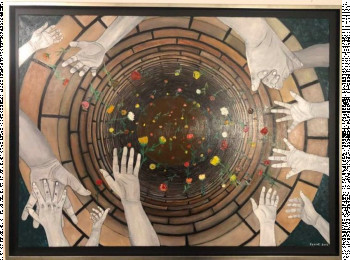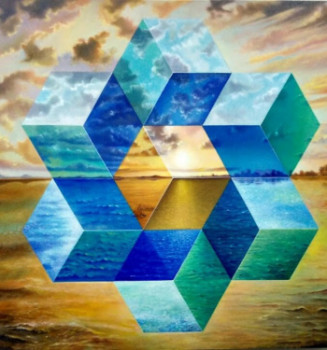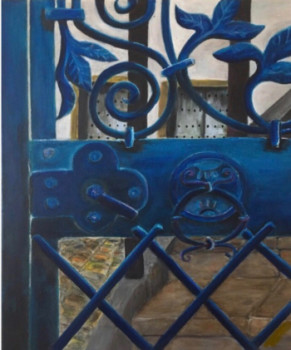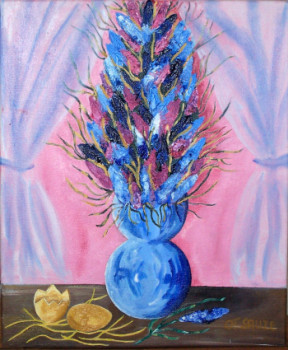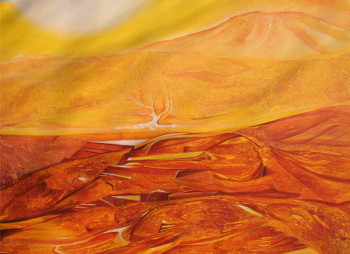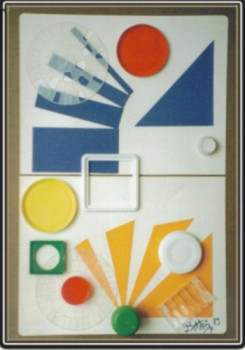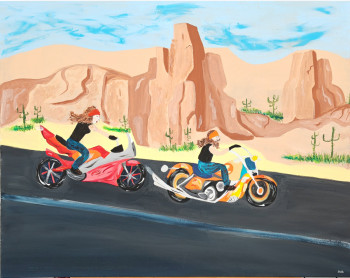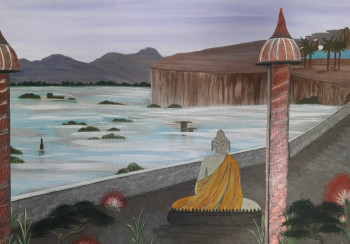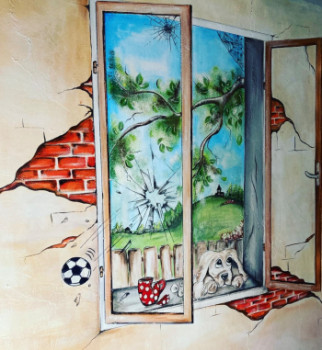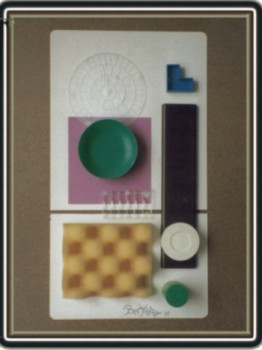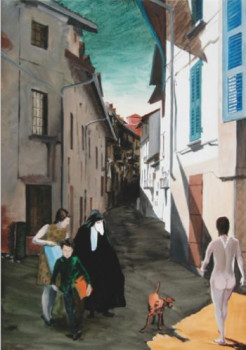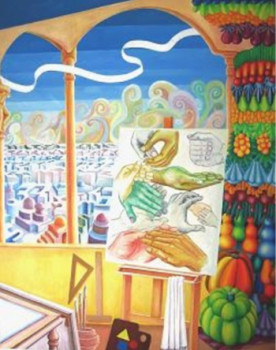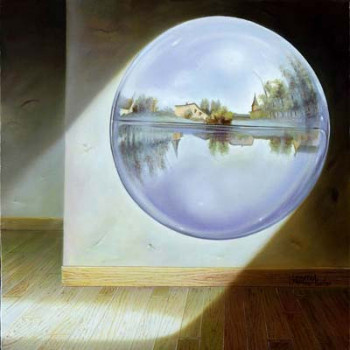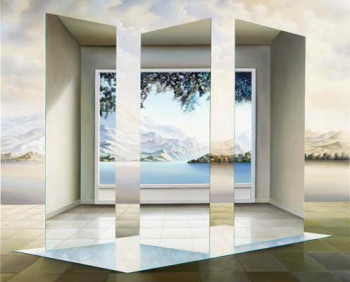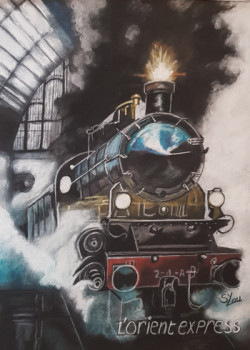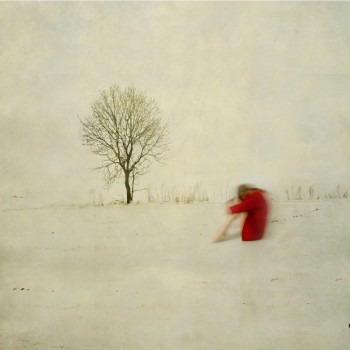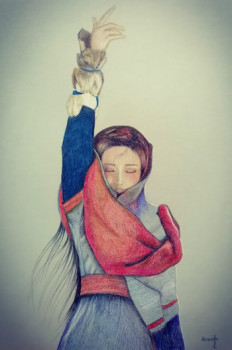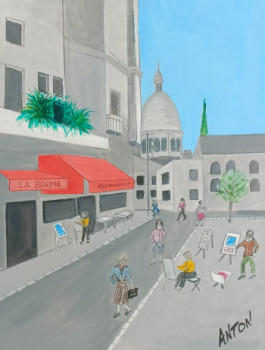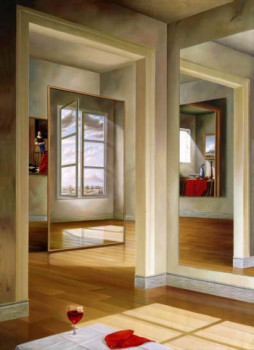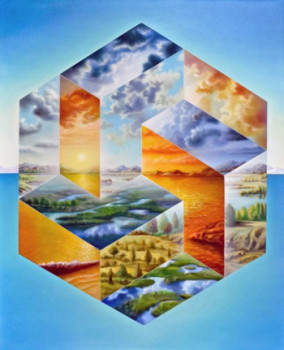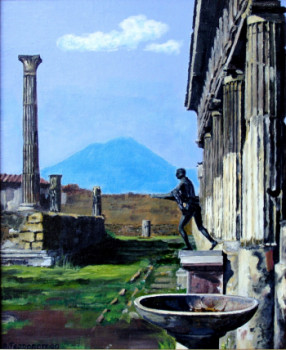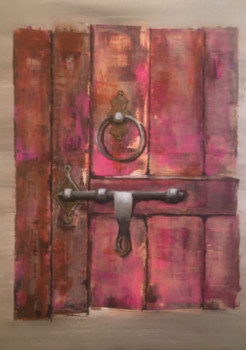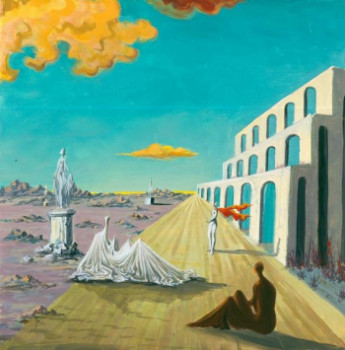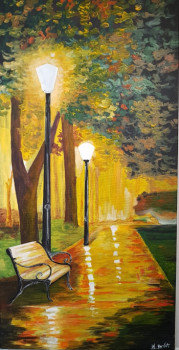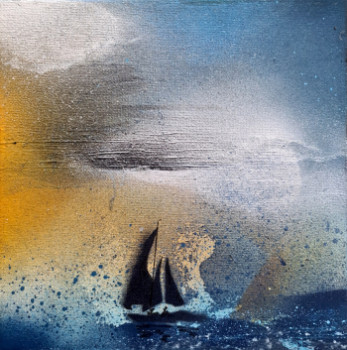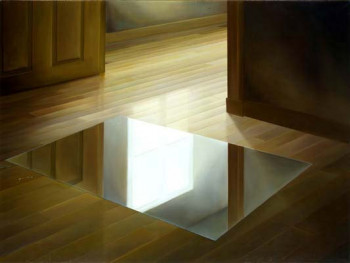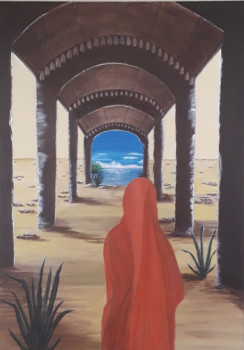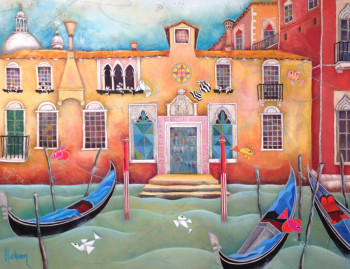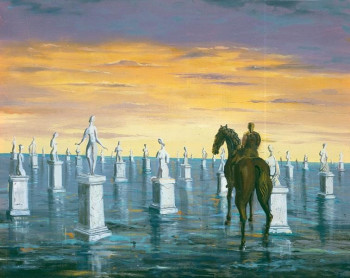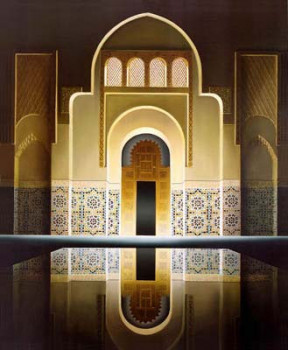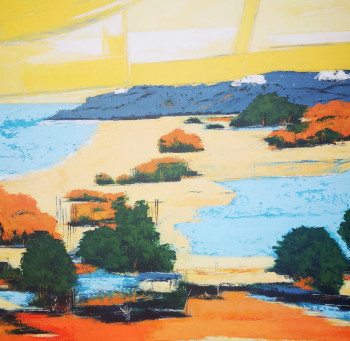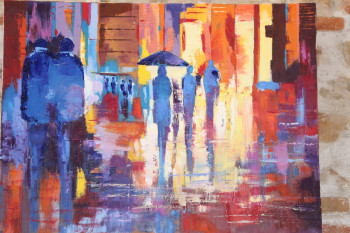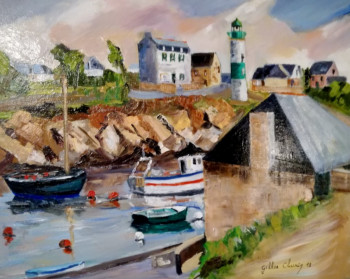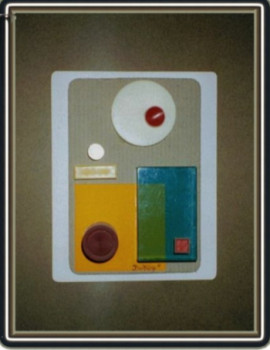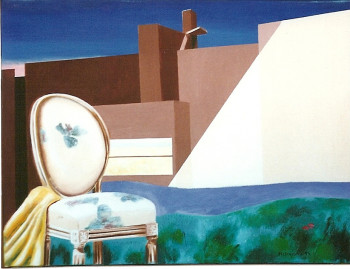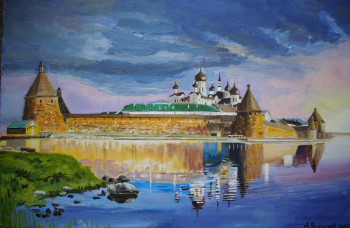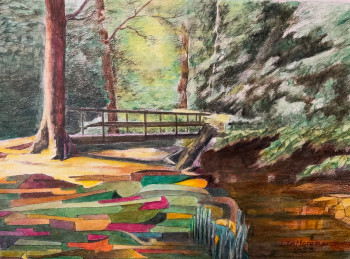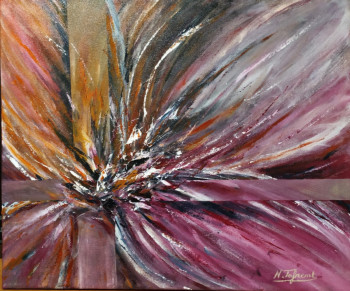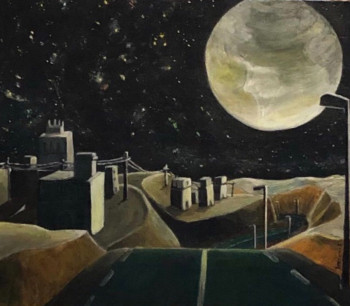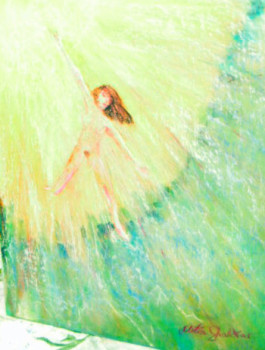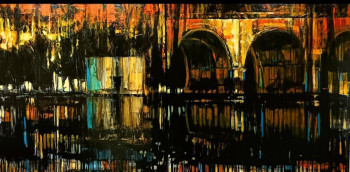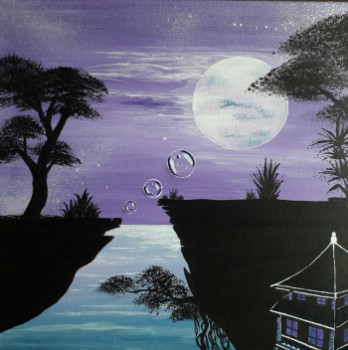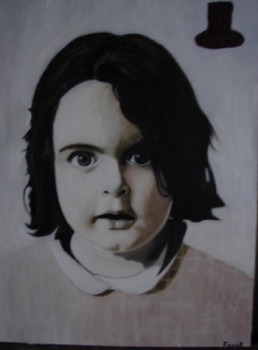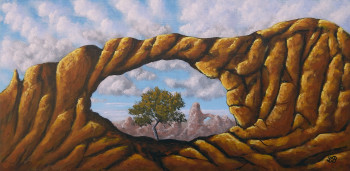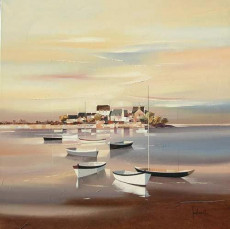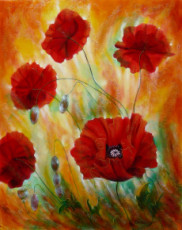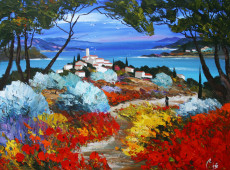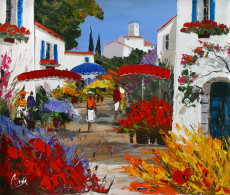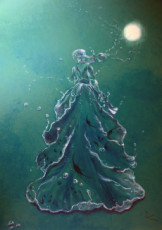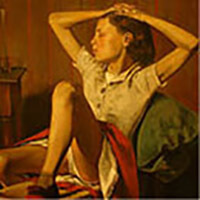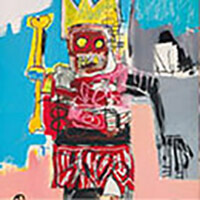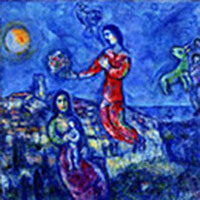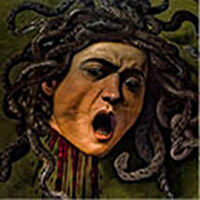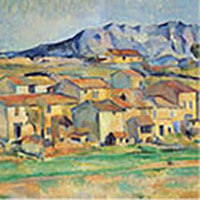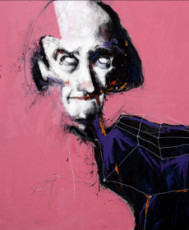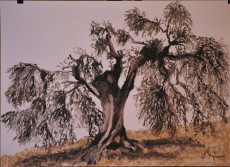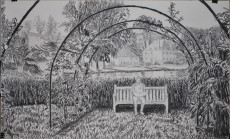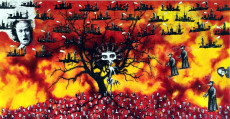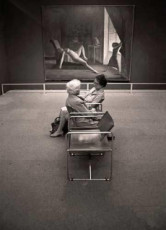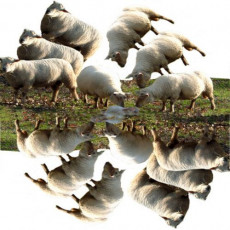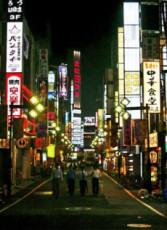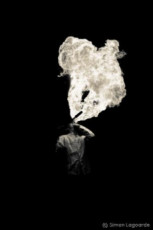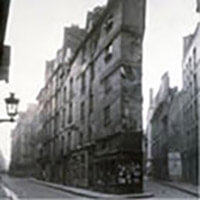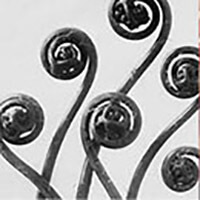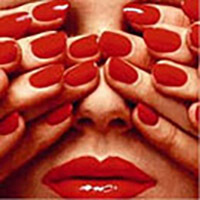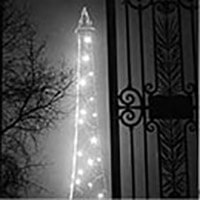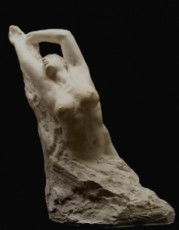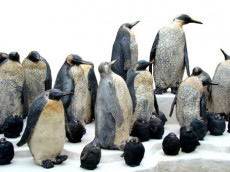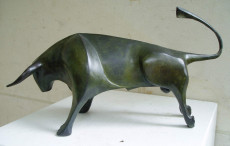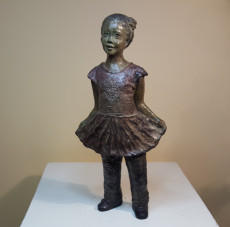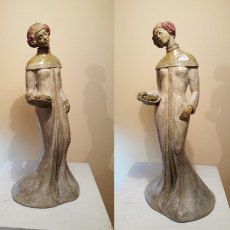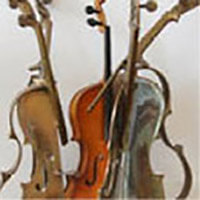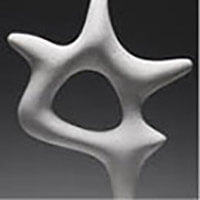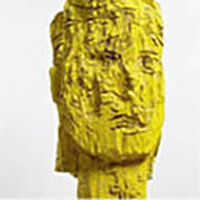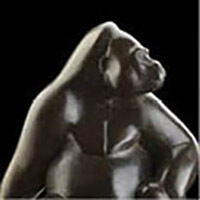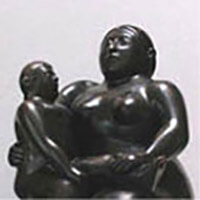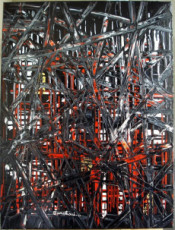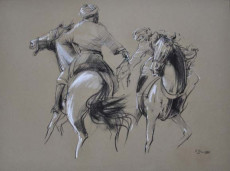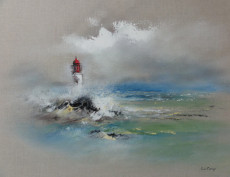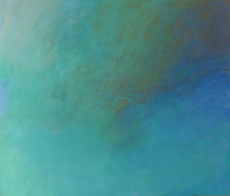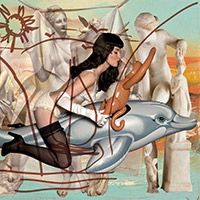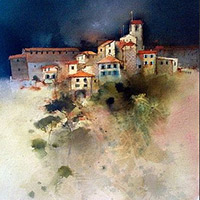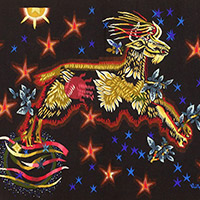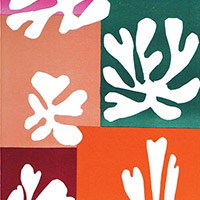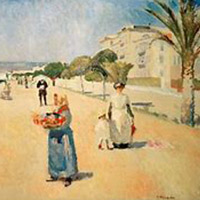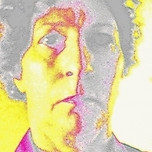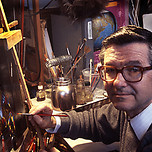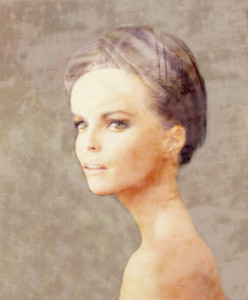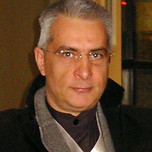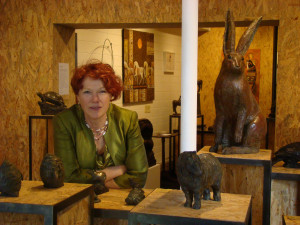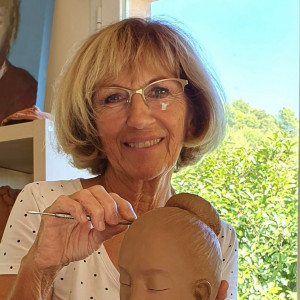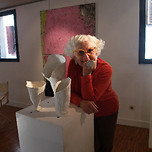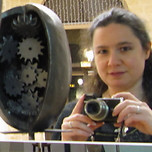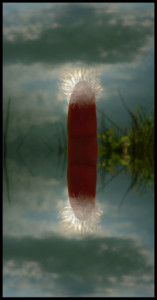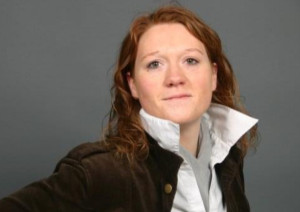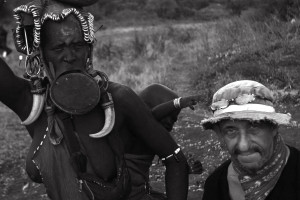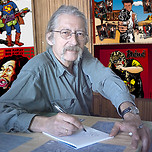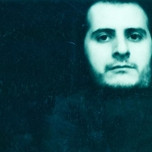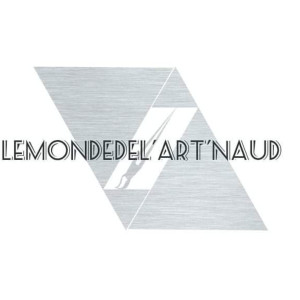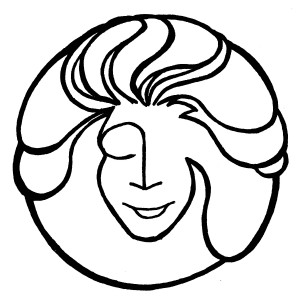
Presentation of Giorgio de Chirico
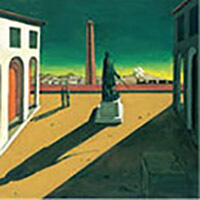
Giorgio de Chirico was a precursor of the renaissance of classicism in the years 1920, which became a pan-European movement. His personal curiosity was probably aroused by his first experiences in Greece. Homesickness The insight he experienced during his stay in Paris in the 1910s contributed to the creation of the enigmatic, classically inspired paintings for which he is best known. It is because of this style of work that he co-founded with Carlo Carrà the movement of metaphysical painting. His work in this style has attracted a lot of attention, especially in France, where surrealists hailed it as a precursor.
His childhood
Giorgio de Chirico was born; from Italian parents to Volos, Greece. His father was an engineer who worked in engineering. on the development of the Greek railway system, and his mother was a Genoese noblewoman. Her parents encouraged her his creative growth, and he had a deep interest in Greek mythology throughout his life. an early age. Intestinal problems plagued him. during his childhood, and he was suggested that this contributed to his melancholic character.
His initial training
This painter-sculptor frequented at the Athens Higher School of Fine Arts from 1903 to 1998. 1905. The family goes to Florence at the death of his father in 1905 before settling in Paris. Munich the following year. He also studied the Academy of Fine Arts in Rome, where he was fascinated by symbolist painters such as the German Max Klinger and, in particular, the Swiss painter Arnold Böcklin.
Its maturity; artistic
It is generally believed that De Chirico’s final period of work began with in 1919 and ended in 1978. He had a breakthrough in 1919, just after his first solo exhibition. He then wrote "The return of craftsmanship", an article advocating a return to old methods and to modernity. iconography while initiating an ardent crusade against modern art. This painter had previously shown little interest in technology. Despite his training, his early figurative works show a lack of anatomical expertise. It starts at focuses on his technique and is influenced by his skills. by the old masters during his stay in Paris. Rome, especially between 1919 and 1924.
During this period, the art of Giorgio de Chirico extended to many areas. several mediums. In 1924, he designed costumes for a ball. Paris based based on a short story by Luigi Pirandello, an Italian writer. In 1929, he created lithographs for a reprint of the poetry collection Calligrammes by Guillaume Apollinaire. Hebdomeros, his only novel, is published the same year. Despite Alongside his creative change, the book's dreamlike compilation of experiences and settings serves as a literary complement to his work. his metaphysical paintings. Although De Chirico distanced himself from the proponents of surrealism at the time, At this time, Hebdomeros remains one of the best examples of surrealist writing.
He continued such efforts until the end of his life. At the end of the 1960s, he became sculptor in addition to a painter. It starts at create miniature bronze sculptures, some of which take up figures from his previous paintings, like the mannequins in the Ferrara period. During the rest of his career, he made and sold copies of paintings from his metaphysical phase, passing them off as originals. This practice was part of an attempt to profit from the success of his early works and in revenge against the critics who praised them while criticizing the style of his later periods.
His metaphysical paintings
Throughout his career, De Chirico painted historical, mythical and philosophical subjects. Riddle of an Autumn Afternoon (1909), hand painted Florence, was the beginning of his series of metaphysical places. The themes of memory, loss, mystery, the passage of time and architecture are recurrent in the sad and barren squares and urban landscapes of this period, which hard until 1919. They appear to be visions of deserted Mediterranean towns from a time beyond the present. of history, where mythology permeates daily life.
In July 1911, De Chirico and his mother went to Paris. Paris to join his brother, passing through Turin on the way. He is intrigued; by the city because it is there; that Nietzsche showed the first signs of psychosis in 1889. The architecture of piazzas and arcades had a great influence on him, and it is possible to see places of the city in his paintings from this period.
De Chirico and his brother enlisted in the Italian army to serve in World War I in May 1915. He continued painting while he was based in London. Ferrara, with the city's arcades and shop windows featured in his works. In his paintings of Paris he began to He used mannequins, and they became increasingly common in his works.
In 1917, a psychological illness forced him to become a prisoner. enter an Italian hospital, where he continues to painting, mainly in the abstract style, with chaotic interiors. He meets Carlo Carrin the hospital, and their conversations give rise to metaphysical painting, or « metafisica pittura». This painter held his first solo exhibition in Paris. the Galleria Bragaglia at Rome in early 1919.
The legacy of Giorgio De Chirico
Despite Across De Chirico's seventy-year career, his first metaphysical works remain his most important. He had a significant impact on the surrealists. This painter-sculptor was one of the main torchbearers of a new contemporary mythology, according to André; Breton. He was first happy to be courted by the Surrealists, but he ended up deriding them as "leaders of modernist imbecility." Nevertheless, it served as an influence for later French avant-garde organizations such as the Lettrists and Situationists, particularly in terms of urbanization.
Both groups view De Chirico as an architect as much as a painter, finding in his cryptic piazzas and towers visions and designs for future cities. Outside of the art world, De Chirico's impact can be found throughout the world. in anything from Michelangelo Antonioni's images of lonely cityscapes to the sets and packaging of the PlayStation 2 video game Ico. The novelist V.S. the title of one of his paintings, The Enigma of Arrival (1911-12), as the title of one of his own novels.
Découvrez quelques oeuvres inspirées de Chirico
